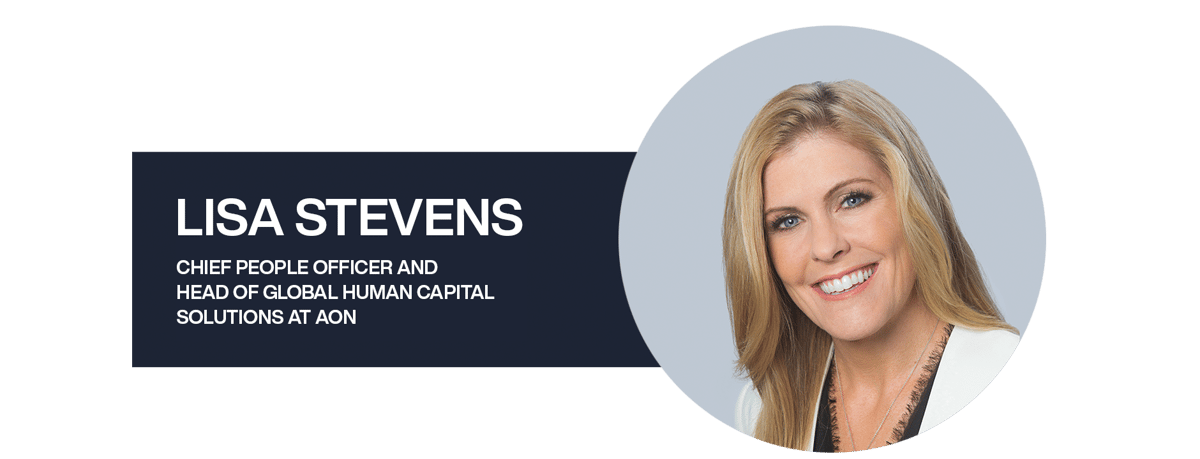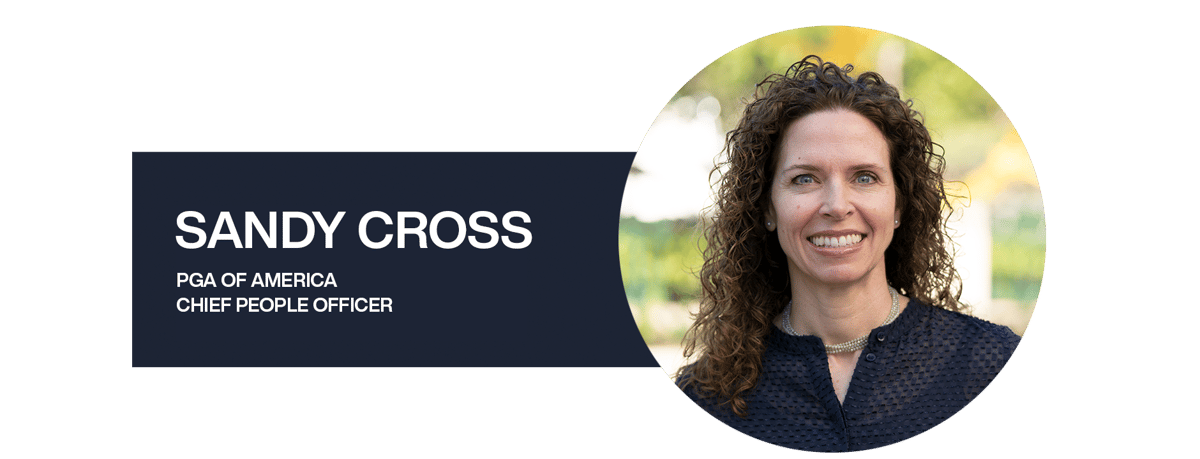
How Purpose Drives Performance and Retention in Business and Sport
Organizations are like organisms: The most successful adapt quickly to change. Never has that been truer than in today’s fast-evolving business environment.
Consider the pressure that companies face from rapid workforce transformation. This cultural and technological shift, long under way but accelerated by the COVID-19 pandemic, has changed not only how and where employees do their jobs, but also what they expect from the hours they put in.
Against this backdrop, companies have also recognized the need to accelerate change. Now more than ever—with the rise of remote working and growing recognition of the importance of wellbeing, diversity and inclusion—business leaders are seeking better ways to retain and engage their employees, attract new talent and build a resilient workforce.
While companies understand the value and importance of workforce resilience, they aren’t always certain how to achieve it. That’s where Aon comes in, delivering insights that mitigate risk, enable better decisions and help organizations grow.
“Workforce resilience is the ability to come together to adapt and thrive in the face of changing times and new challenges. I think of it less as a destination you reach than as an ongoing trait of the business.”

A leading global professional services firm, with colleagues providing clients in over 120 countries with advice and solutions that give them the clarity and confidence to make better decisions to protect and grow their business. It does so by offering data-driven insights and expertise that allow business leaders to make better decisions related to their employees—decisions that promote a healthy, happy and inspiring work environment where people feel supported and motivated by a sense of common purpose and belonging.
Today, employers are required to strike an increasingly complex balance between what they ask of workers and what they offer in return. While this presents a challenge—accelerated by the pandemic—it also provides a chance to reimagine strategies that benefit everyone.
“There are so many opportunities to rethink how we support colleagues,” Stevens says. “Whether it’s flexible work options or time off to get the Covid-19 vaccine if they choose, it’s about giving colleagues the support and options to be able to do what’s best for them and their families so they can bring their best to the firm.”
Take a personalized approach to wellbeing
Central to this effort, Stevens says, is creating open lines of communication to convey real-time information. Aon conducts monthly workplace surveys, and encourages managers and executives to build relationships with their colleagues to stay in tune with how people are feeling. Burnt out? Overburdened? Undervalued? Every data point helps provide a fuller picture.
“It’s about being open to evolving your offerings to meet colleagues’ changing needs,” Stevens says.
Among these needs is a growing call for companies to prioritize their employees’ physical and mental health. Discussions of this topic are now so widespread that “wellbeing” has become a more widely accepted need. But talk alone is not enough; nor are one-size-fits-all solutions. While ergonomic chairs and gym memberships add value, they will not be the answer for everyone in every organization. Some employees might desire more flexible work arrangements, while others might seek greater financial incentives or more personalized rewards or benefit packages.
Cultivating true workforce resilience requires a personalized approach to well-being that aligns intelligently with the needs of the workforce.
Make your people your priority
“People are our greatest asset, and we need to pay close attention to them,” says Margaret Heneghan, Deputy Chief People Officer at Aon. “Do they have the right workspace? Are they in the right headspace? Do they feel supported? Do they see opportunities for advancement? Then and only then will we have a resilient workforce that can continue to deliver consistently.”
Prioritizing people does not mean compromising profits. With a resilient workforce, the benefits cut both ways. Take the case of a leading investment bank that needed to develop an agile and scalable approach to its technology projects. To find the best path forward, Aon helped the bank conduct a cost-benefit analysis of whether to retrain current employees or search for new talent with the right skill sets. The answer turned out to be a win-win: The decision to retrain employees fit better within the corporate culture, and it also made financial sense. The bank trained more than 1,000 people within a few months, securing jobs while saving $150 million.
“The data and insights made the client better informed, leading to a better decision that re-engaged a workforce while developing new skills,” Stevens says.
In golf, as in business, purpose matters
Just as preparing employees for the future creates resilience, so does creating a collective sense of purpose. In this regard, business leaders might see a parallel in the efforts of one of Aon’s corporate partners, the Professional Golfers’ Association (PGA) of America. In addition to staging the Ryder Cup, golf’s premier team event, the PGA of America aims to unify its 28,000 members and 300 employees around a common mission of making the world a better place through the sport .
“It’s remarkable that this game started as shepherds hitting a rock into a rabbit hole, and now look where we are, all gathered around this common interest,” says PGA of America CEO Seth Waugh. “But golf is an amazing engine for impacting lives and doing good.”
Like organizations in every industry, the PGA of America has redoubled its efforts toward diversity, equity and inclusion. It’s good for golf—and it’s good for businesses that do the same; the greater the diversity of the workplace, the greater the resilience of the workforce.
“Our mission is to serve our members and grow participation in the sport of golf. We are only going to be successful in that mission if we better reflect the demographics of America.”

Diversity strengthens your workforce
By developing insights and bringing global expertise, Aon advises businesses on ways to improve representation and inclusivity.
Aon has embraced artificial intelligence to help employers evaluate candidates’ skills while excluding elements in the hiring process that could increase bias. The result is a workforce that more faithfully reflects the clients and communities that it serves, which, in turn, has positive impacts that radiate far and wide.
“If a workforce is not resilient, it impacts all parts of society,” Stevens says. “It affects how people are engaged at work, provide for their families and keep themselves safe and happy. If whole groups or businesses fail to be resilient, communities and economies suffer.”
Clearly, when businesses create a resilient workforce, they aren’t the only ones that thrive.
